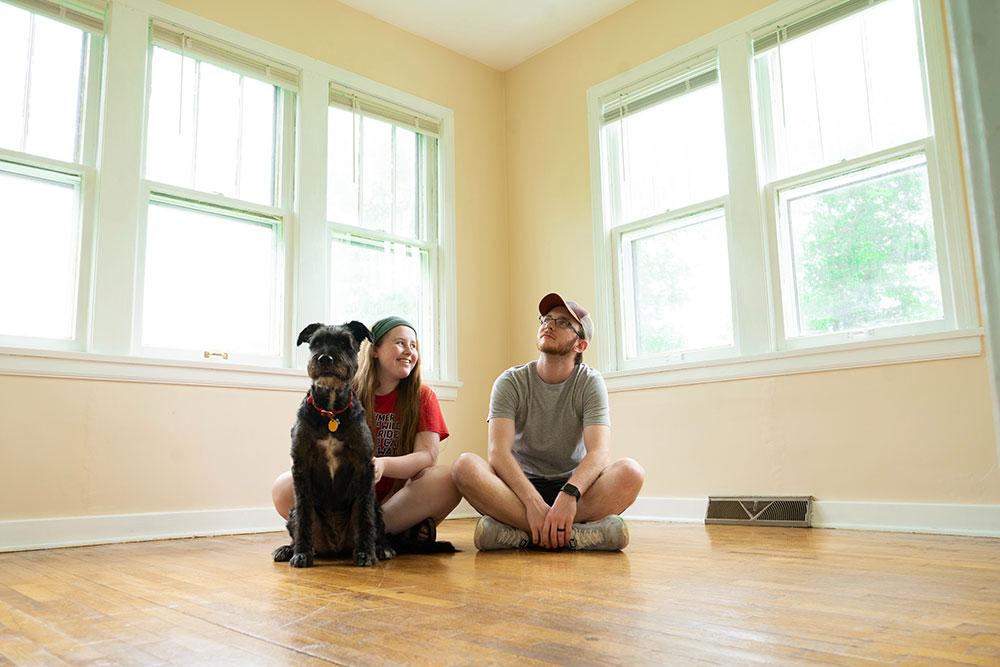Buying a home in Australia is a significant financial commitment, and knowing the upfront costs is important. While most people focus on the property’s purchase price, several other expenses need to be factored in when budgeting for a home purchase. This article will discuss the upfront costs of buying a home in Australia.
Deposit
The deposit is the money you pay upfront to secure the property. The deposit is usually a percentage of the purchase price, ranging from 5% to 20% or more. The more you can pay as a deposit, the less you’ll need to borrow, and the lower your monthly mortgage repayments will be.
Stamp duty
Stamp duty is a state tax payable on the purchase of a property. The amount of stamp duty payable varies from state to state and is based on the property’s purchase price. Sometimes, first-time homebuyers may be eligible for a stamp duty concession or exemption.
Lender’s mortgage insurance (LMI)
LMI is a one-time insurance premium that is payable if you borrow more than 80% of the property’s purchase price. LMI is designed to protect the lender if you default on your loan. The cost of LMI can vary depending on the amount you borrow and the lender’s requirements.
Conveyancing fees
Conveyancing is the legal process of transferring property ownership from the seller to the buyer. The cost of conveyancing can vary depending on the complexity of the transaction and the conveyancer’s fees. Conveyancing fees can include various services, such as property searches, title transfers, and document preparation.
Building and pest inspections
Building and pest inspections are essential when purchasing a property. These inspections can identify any potential structural or pest issues that may need to be addressed. The cost of building and pest inspections can vary depending on the size of the property and the extent of the inspections.
Valuation fees
A valuation is an assessment of the property’s value. The valuation cost can vary depending on the lender’s requirements and the type of property being valued. Lenders will often require a valuation to be conducted to ensure that the property is worth the purchase price.
Moving costs
Finally, don’t forget to factor in the cost of moving. Whether you are hiring a removalist or doing it yourself, moving costs can quickly add up. Be sure to budget for packing materials, transportation costs, and any storage fees if required.
There are several upfront costs involved when buying a home in Australia. By factoring in these costs and budgeting accordingly, you can ensure you’re financially prepared for your home purchase. It’s also a good idea to speak with a mortgage broker to better understand the costs involved and ensure that you’re getting the best deal on your home loan.

